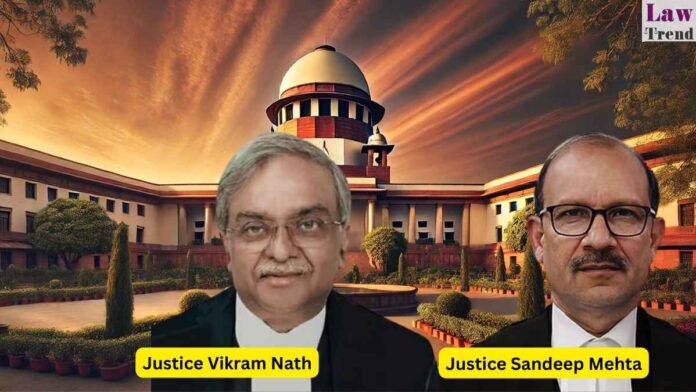The Supreme Court of India, in a judgment delivered on November 10, 2025, has held that an order passed by a Commercial Court rejecting a plaint under Order VII Rule 11 of the Code of Civil Procedure, 1908 (CPC), is appealable under Section 13(1A) of the Commercial Courts Act, 2015 (CCA, 2015). A bench comprising
To Read More Please Subscribe to VIP Membership for Unlimited Access to All the Articles, Download Available Copies of Judgments/Order, Acess to Central/State Bare Acts, Advertisement Free Content, Access to More than 4000 Legal Drafts( Readymade Editable Formats of Suits, Petitions, Writs, Legal Notices, Divorce Petitions, 138 Notices, Bail Applications etc.) in Hindi and English.




